A top U.S. Treasury official said Friday that Iran has managed to funnel roughly $1 billion to Hezbollah this year, even under some of the toughest Western sanctions ever imposed.
Speaking in Istanbul at the start of a diplomatic and enforcement tour through the Middle East, Undersecretary for Terrorism and Financial Intelligence John Hurley told reporters that the U.S. is moving to intensify financial pressure on Iran and its affiliates. The goal, he said, is to use the current instability in Lebanon to cut off Tehran’s funding lifeline to Hezbollah and press the group to disarm.
“There’s a moment in Lebanon now,” Hurley said. “If we could get Hezbollah to disarm, the Lebanese people could get their country back. The key to that is driving out Iranian control — and that starts with the money.”
The estimate marks one of the highest levels of Iranian funding to Hezbollah in years. It comes as Iran’s economy faces near hyperinflation, a devalued currency, and renewed UN sanctions, reinstated after nuclear negotiations collapsed in September.
U.S. intelligence believes Iran has used money exchangers, cryptocurrency networks, and covert oil trades to move money through Lebanon, Turkey, and the United Arab Emirates. Last week, Washington imposed new sanctions on two individuals accused of laundering Hezbollah funds through Beirut-based exchange houses.
Despite economic turmoil at home, Iran’s ability to keep Hezbollah afloat shows how deeply embedded its financing channels have become.
“Even with everything Iran has been through — the sanctions, the inflation, the isolation — they’re still sending massive funds to their proxies,” Hurley said. “That tells you how central these groups are to Tehran’s regional power strategy.”
Lebanon, still reeling from the Israel-Hezbollah conflict, has become a focal point for Washington’s new sanctions campaign. U.S. officials believe Hezbollah’s military defeat and the group’s diminished public support have created what Hurley called a “narrow opportunity” for change.
Lebanon’s government has committed to disarming all non-state militias, a pledge long resisted by Hezbollah, which maintains its own powerful arsenal and continues to operate as both a political and military organization.
Analysts say the group’s grip on the country remains strong, but weakened. “Hezbollah has lost much of its battlefield infrastructure and a significant share of its credibility,” said a senior regional security expert based in Amman. “But as long as Iran’s money keeps flowing, it can rebuild.”
Iran has deepened ties with China, Russia, and regional states including the UAE, seeking alternative economic channels to offset Western pressure. That pivot has allowed Tehran to skirt restrictions on oil sales and currency transfers, keeping cash flowing to its network of militias — from Hezbollah in Lebanon to the Houthis in Yemen.
Western governments accuse Iran of secretly enriching uranium to weapons-grade levels and blocking international inspectors from accessing nuclear facilities — accusations that fueled this summer’s brief but intense Israel-Iran war.
Iran denies pursuing nuclear weapons, insisting its program is for civilian energy purposes.
Hurley’s visit marks the first high-level U.S. Treasury trip to the Middle East since President Donald Trump’s return to office earlier this year. His mission: rebuild coordination with regional allies and private-sector institutions to enforce sanctions more aggressively.
He will travel to Beirut, Jerusalem, Abu Dhabi, and Ankara, meeting with banking officials and intelligence counterparts to strengthen monitoring of illicit transactions.
U.S. officials say the administration’s broader strategy is to financially isolate Hezbollah while helping Lebanon’s central government rebuild. That approach, they argue, could weaken Iran’s regional leverage without requiring another military escalation.
Still, some analysts warn that tightening sanctions could worsen Lebanon’s economic crisis — where inflation is already over 200 percent — and risk fueling public anger against both Hezbollah and the West.
“The financial pressure campaign is a double-edged sword,” said a former Treasury sanctions advisor. “You can squeeze Hezbollah, but you might also squeeze ordinary Lebanese who are barely surviving.”
The renewed U.S. focus on Hezbollah comes as Israel maintains a low-intensity drone and air campaign targeting remaining Hezbollah operatives across southern Lebanon. The Israeli military says the strikes are designed to prevent the group from reconstituting its rocket arsenals and command hubs.
Hezbollah, meanwhile, has continued to reject disarmament, calling U.S.-backed Lebanese efforts to confiscate its weapons “unacceptable interference.”
Hurley acknowledged that dismantling Hezbollah’s financial empire will take time, but said Washington’s message is firm: Tehran’s shadow funding network — and the militias it sustains — are now a top-tier target of U.S. foreign policy.
“Iran wants to use Hezbollah to project power,” Hurley said. “We’re going to make that as expensive and unsustainable as possible.”
(YWN World Headquarters – NYC)

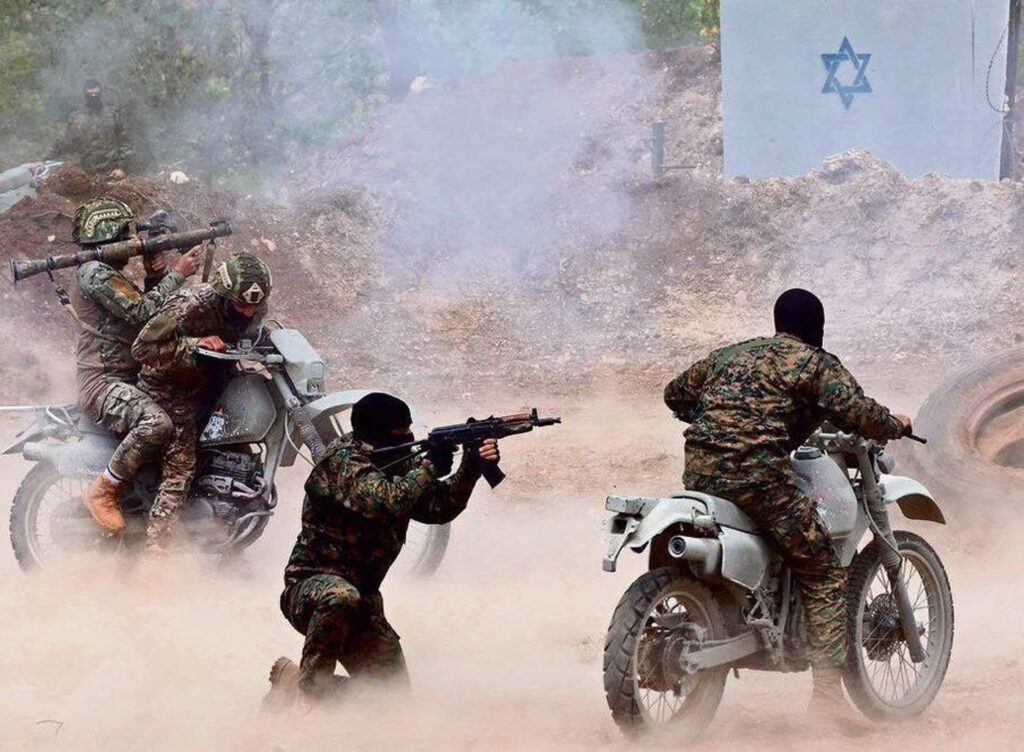

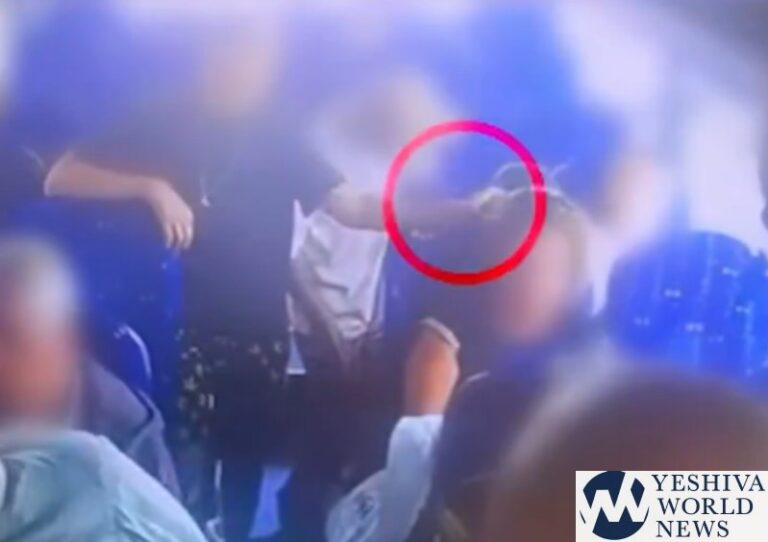
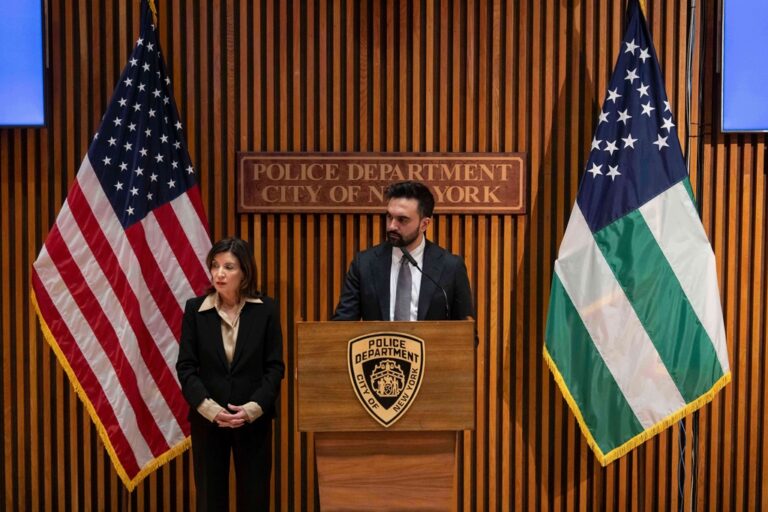
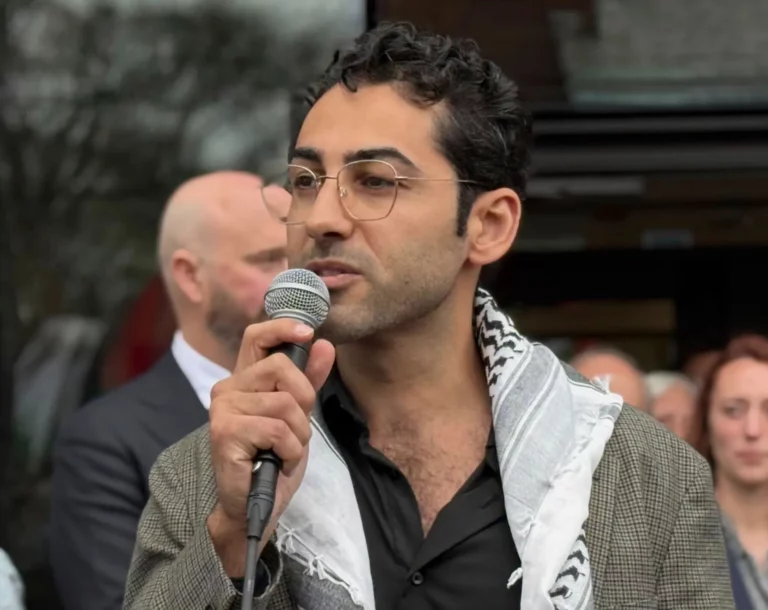

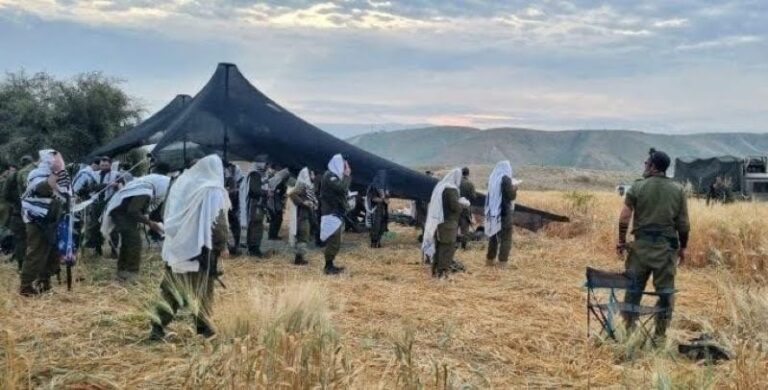

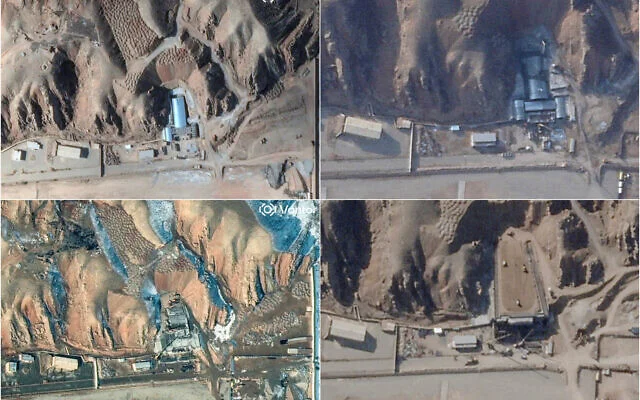

One Response
A country that doesn’t even have water is still sending a billion to a terrorist organization. The citizens really should revolt